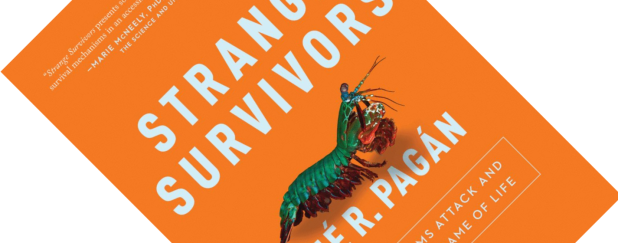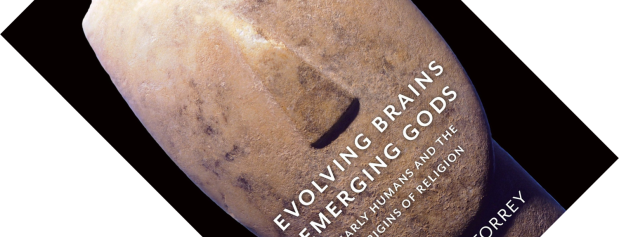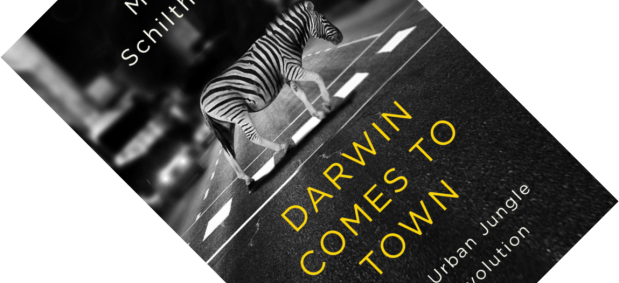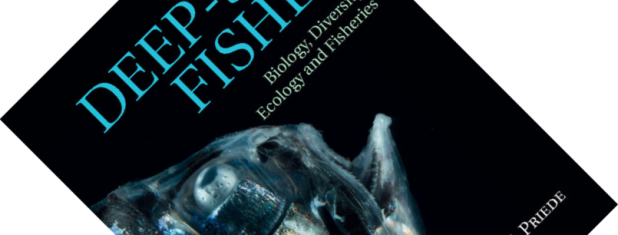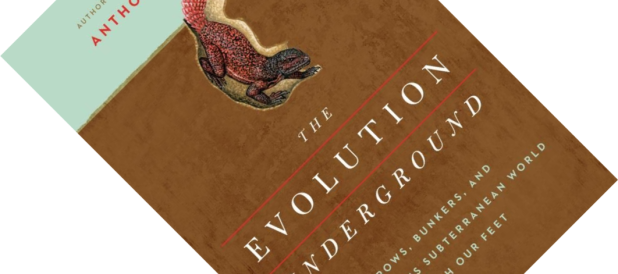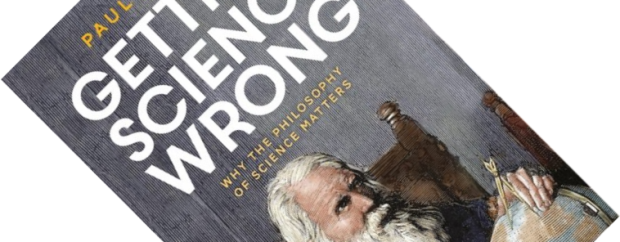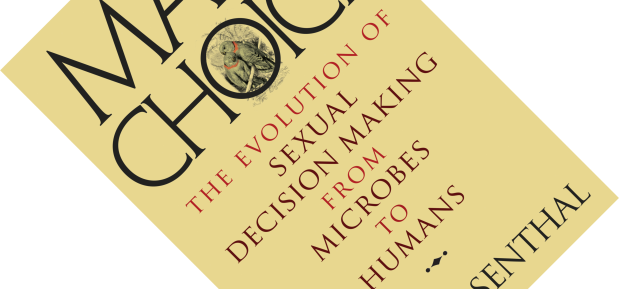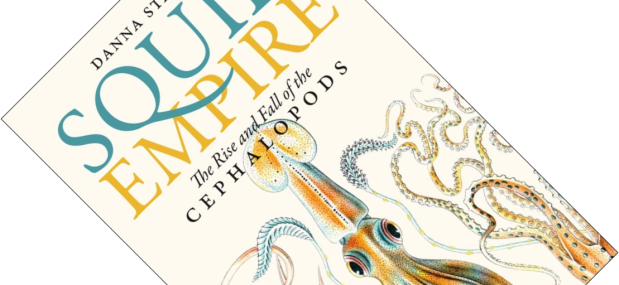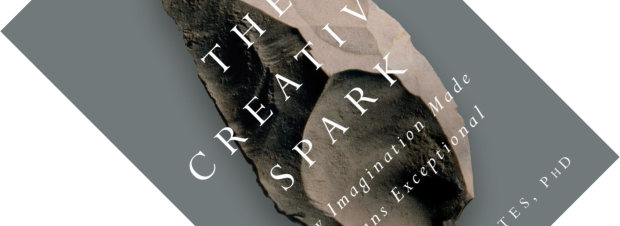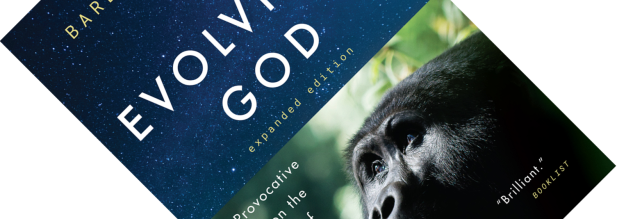From the perspective of biology, the rules for the game of life are simple: acquire energy, avoid becoming food for someone else in the process, and pass on your genetic information. This simple theme has given rise to an incredibly rich and diverse panoply of approaches and solutions. Strange Survivors, written by Puerto Rican biologist Oné R. Pagán, is a love letter to the many wonders that biology has to offer. I am sure he would approve if I said: “Prepare to be amazed!”
evolutionary biology
Book review – Evolving Brains, Emerging Gods: Early Humans and the Origins of Religion
As mentioned previously in my review of Barbara King’s Evolving God, religion is a pervasive phenomenon, and many scholars have put forward explanations of how, when, and why it arose. The arguments King put forth did not convince me that religion is anything more than a by-product of our evolution. Apparently, so did Darwin. Though believers often like to point out Darwin was a Christian too, he struggled to reconcile the two and ultimately lost his faith. American psychiatrist E. Fuller Torrey gracefully acknowledges this intellectual heritage and here updates this idea, putting forth the convincing argument that religion arose as a by-product of brain evolution.
Book review – Darwin Comes to Town: How the Urban Jungle Drives Evolution
We biologists are a moody bunch, aren’t we? Forever lamenting the loss of biodiversity and unspoiled wild nature around us as humanity transforms the planet. The Anthropocene, the sixth extinction – I dare say you could accuse us of a certain doom-mongering. We ought to present a united front to the many threats unscrupulous groups in the outside world throw at our precious wildlife. So, beware the biologist that breaks rank and suggests a different narrative – he or she can expect a healthy amount of criticism. So it was with Chris D. Thomas’s recent book Inheritors of the Earth: How Nature is Thriving in an Age of Extinction (read my interview with him over at my employer’s blog The Hoopoe). And so it is with Menno Schilthuizen’s new book Darwin Comes to Town: How the Urban Jungle Drives Evolution. You leave it to us pragmatic Dutch to say out loud the things you don’t like to hear…
Book review – Deep-Sea Fishes: Biology, Diversity, Ecology and Fisheries
It has become cliché to say that we know more about the surface of Mars than we do about the depths of our oceans, inaccessible as they are to us landlubbers. Nevertheless, technological advances have allowed us to discover more and more about the denizens of the deep. Anyone who has watched Blue Planet II or similar recent documentaries can testify to the bizarre and wonderful life forms that can be found there.
Book review – The Evolution Underground: Burrows, Bunkers, and the Marvelous Subterranean World Beneath Our Feet
An underground lair… what child didn’t daydream about it? As a child, I spent several summer holidays with friends constructing one. Granted, we didn’t really burrow, we dug a pit and put a roof back over it. Even so, if I am to believe Anthony J. Martin, I am but one in a long line of burrowing animals. With The Evolution Underground, Martin paints a surprising picture of the underrated role that burrowing has played throughout evolutionary history.
Book review – Getting Science Wrong: Why the Philosophy of Science Matters
So you think you know what science is? I thought I did. I mean, we notice patterns, formulate hypotheses, gather observations to see if our ideas are supported or not, and discard or accept our hypotheses. And this is what we do. Yet, as philosopher Paul Dicken shows in this lightly written introduction to the philosophy of science, there is no good definition of the scientific method, though there are plenty of misconceptions.
Book review – Mate Choice: The Evolution of Sexual Decision Making from Microbes to Humans
I have to preface this review by pointing out that I did not read this book from a fully neutral position. Gil Rosenthal, a professor in biology, ecology and evolutionary biology at Texas A&M University, does mate choice research on fish. So did I. Though he works on live-bearing swordtails and I worked on threespine sticklebacks, some of the work he discusses has been written by people I knew personally as supervisor, co-workers or colleagues. Many more publications referenced are ones I also read during the course of my PhD research. You could say that mate choice research is a field I am, errr, intimately familiar with. At least where fish are concerned. At the same time, I left academia after graduating in 2010, so this book seemed like a good opportunity to get back in touch with this research field.
Anyway. Sex.
Book review – Squid Empire: The Rise and Fall of the Cephalopods
Cephalopods, the group of molluscs that include the octopus, squid, cuttlefish and nautilus, are some of the most fascinating invertebrates to live in the world’s seas. Especially the octopus is famed for its intelligence and mind-bending acrobatics, being able to squeeze through the smallest hole. There have been some fantastic popular books on cephalopods recently, from William’s entertaining Kraken: The Curious, Exciting, and Slightly Disturbing Science of Squid to several works focusing on the octopus (Godfrey-Smith’s Other Minds: The Octopus and the Evolution of Intelligent Life, Montgomery’s touching The Soul of an Octopus: A Surprising Exploration of One of the World’s Most Intriguing Creatures, which made me tear up in more than one place, Mather et al.‘s Octopus: The Ocean’s Intelligent Invertebrate, and Harmon Courage’s Octopus! The Most Mysterious Creature in the Sea). But, as marine biologist Danna Staaf remarks, what’s been missing is a popular book on the evolution of cephalopods. Having been fascinated with them since childhood, she eventually decided to write Squid Empire. All hail the squid!
Book review – The Creative Spark: How Imagination Made Humans Exceptional
With his new book, The Creative Spark, Agustín Fuentes, a primatologist and anthropologist currently at the University of Notre Dame in Indiana, boldly puts forth the idea that what makes humans special is creativity. The ability of humans to switch back and forth between considering what is, and dreaming of what might be, and to then put these thoughts into actions (often collaboratively), has brought us a very long way from our primate origins to the tool-wielding, world-shaping force of nature of today. Along the way, Fuentes wants to do away with some of the dominant narratives regarding human evolution today, or rather, he thinks most of them oversimplify things and lead to distortions in our thinking. Instead, he presents a new synthesis that places creativity front and centre stage as being the most important mechanism that helped us overcome challenges.
Book review – Evolving God: A Provocative View on the Origins of Religion
Once you have worked in the book industry for a while, you will notice that publishers like to throw around words like “provocative” and “paradigm-shifting” when promoting new books. And so it is with Evolving God, the subtitle of which promises a provocative view on the origins of religion. If you’re expecting religion-bashing as done by the likes of Richard Dawkins, look elsewhere. Though she speaks of the human religious imagination, she early on makes it clear that she herself does not wish to imply that humans make up their deities, nor does she claim that sacred beings are real in our world. This is outside of the realm of scientific inquiry and she remains agnostic on these matters. So much for being controversial.

